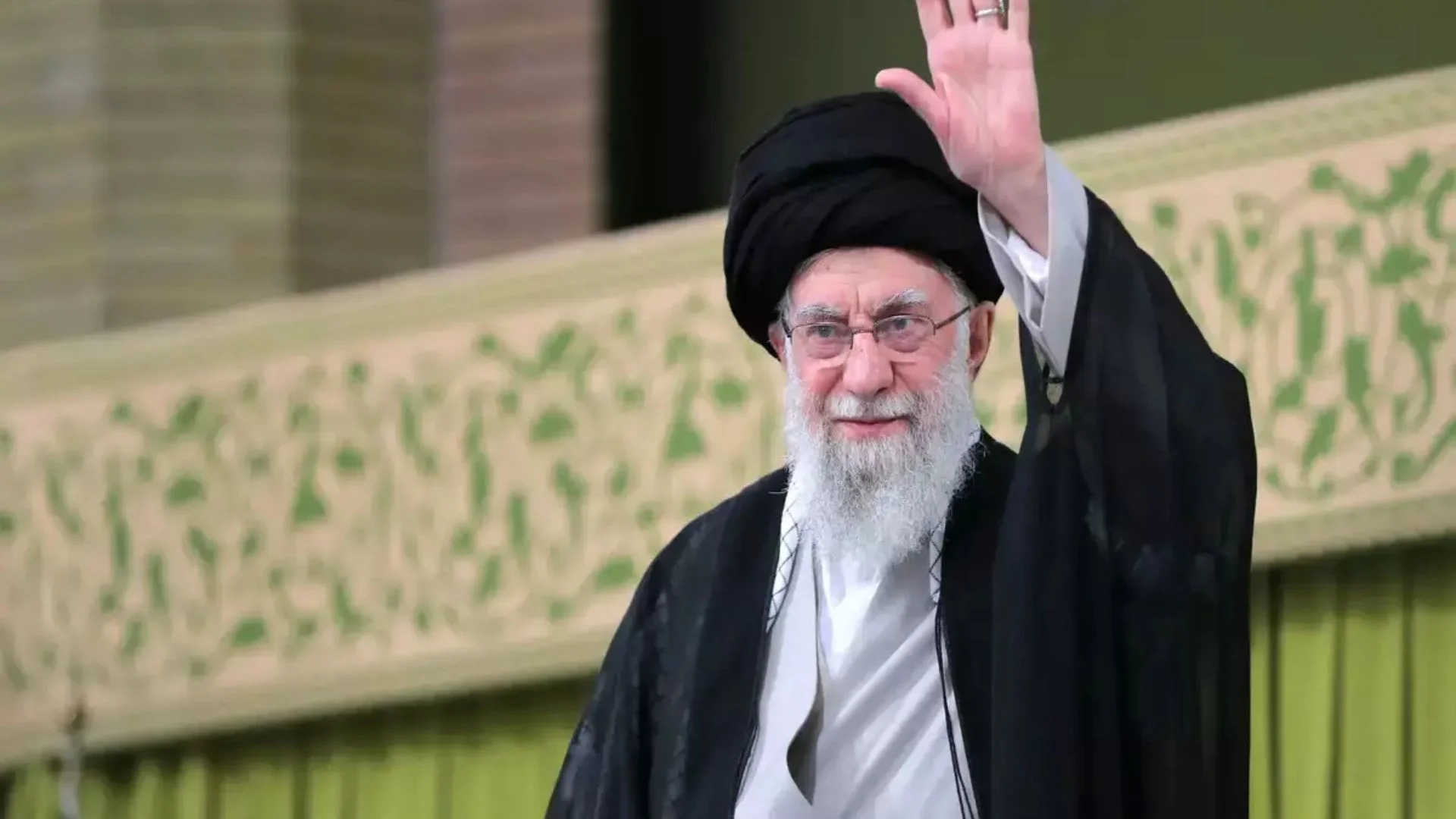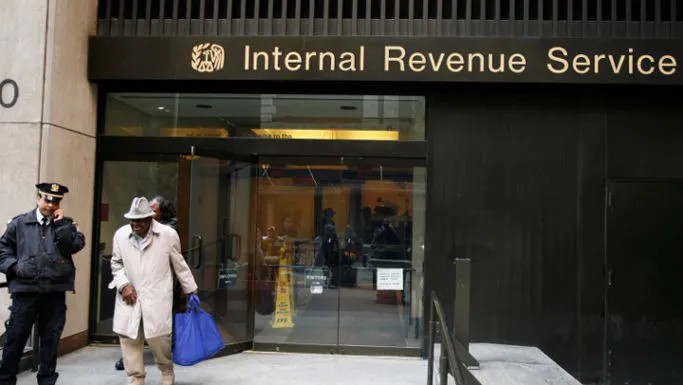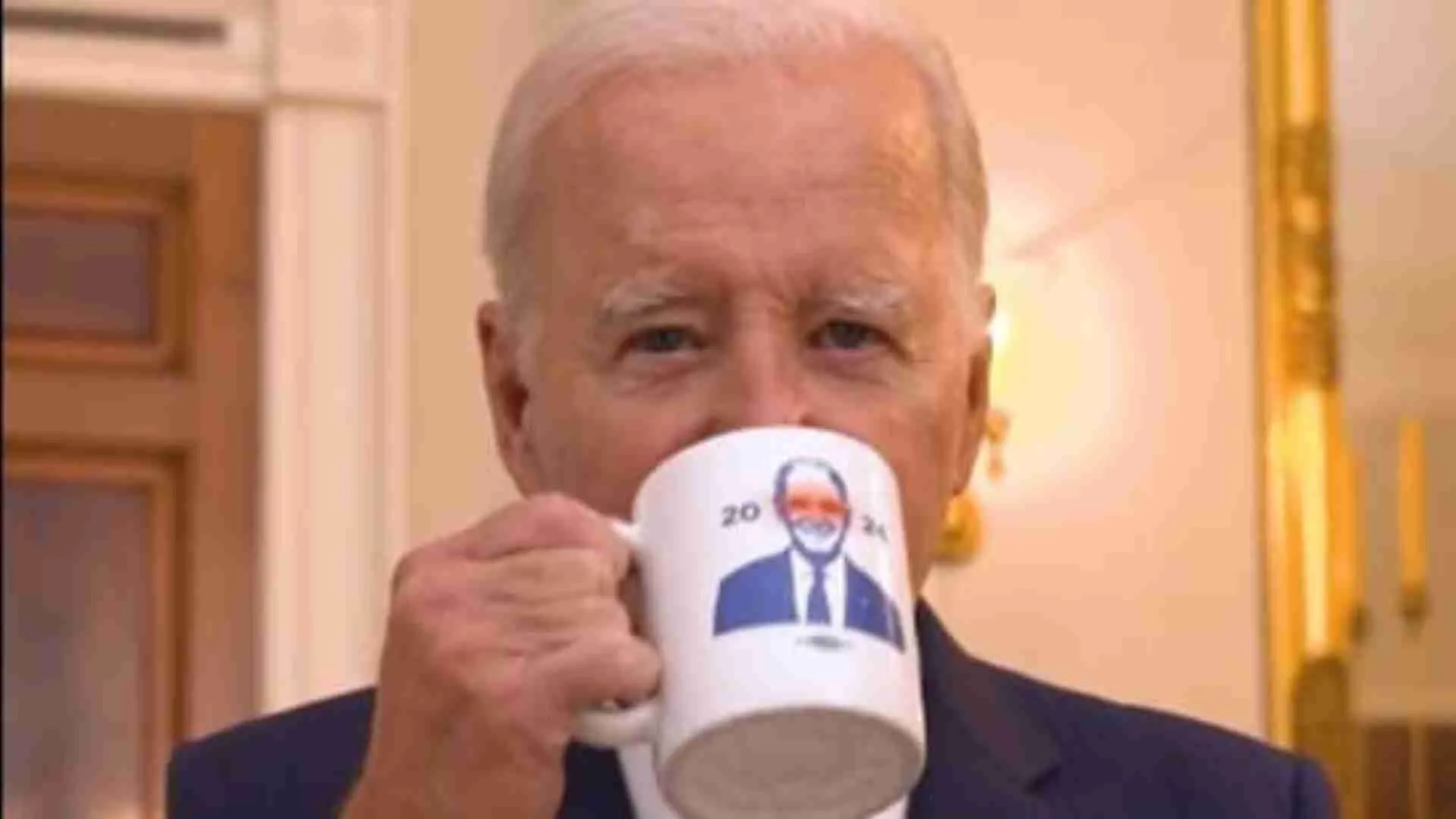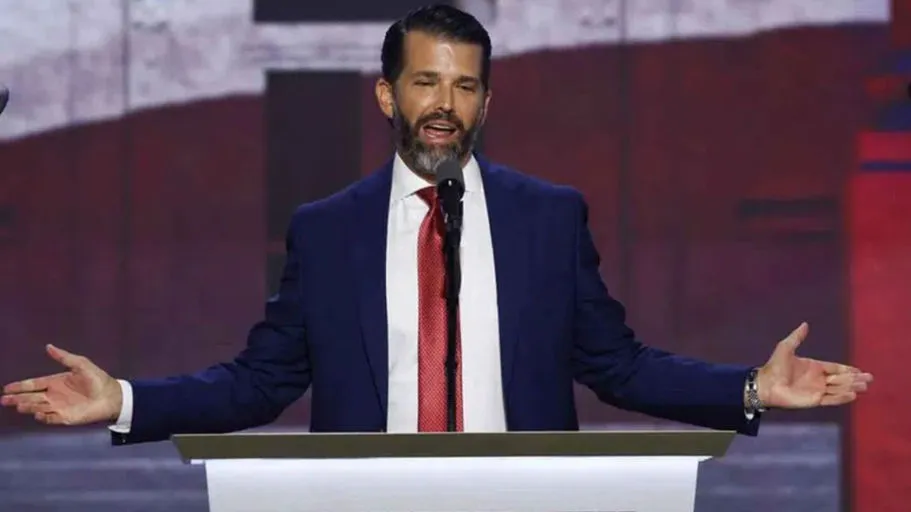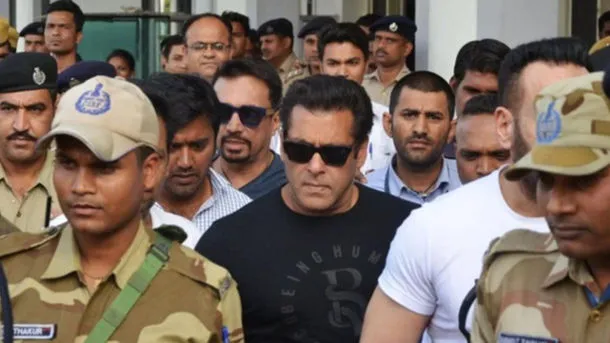Iran’s foreign minister, Seyed Abbas Araghchi, has issued a stern warning about the potential reorientation of the country’s nuclear policy, claiming that if Western nations move forward with reimposing UN sanctions, Iran may reconsider its stance on nuclear weapons. Araghchi stated that while Iran has the technical capability to develop nuclear weapons, it has so far refrained from doing so as part of its security strategy. However, he hinted at a shift in the debate within Iran regarding its nuclear doctrine.
In an interview, Araghchi emphasized that the European countries, particularly the UK, France, and Germany, are pushing Iran towards confrontation after a censure motion was passed by the International Atomic Energy Agency (IAEA) for Iran’s failure to cooperate with inspectors and its continued enrichment of uranium. He criticized the IAEA’s director-general, Rafael Grossi, for failing to prevent the motion despite Iran’s offer to cap uranium enrichment and allow additional inspections.
Araghchi explained that the decision to introduce more advanced nuclear machines into the system was a direct response to increasing Western pressure. Despite this, Iran has stated that it remains committed to the nuclear non-proliferation treaty (NPT) and has no intention of exceeding 60% uranium enrichment for now.
The foreign minister noted growing discontent within Iran over the nuclear policy, especially after the lifting of sanctions promised by the 2015 nuclear deal did not materialize as expected. This frustration is fueling discussions among Iran’s political elites and ordinary citizens about whether the current approach is effective.
Regarding the ongoing regional tensions, Araghchi rejected claims that Iran had supplied missiles to Russia, instead asserting that Iran’s military cooperation with Russia is legitimate, especially as both nations share concerns about territorial integrity. He also reaffirmed Iran’s readiness to continue supplying weapons to Hezbollah in Lebanon if requested, while criticizing Israeli actions in the region.
On the topic of the Lebanon-Israel ceasefire, Araghchi insisted that Hezbollah had made the decision to accept the ceasefire on its own terms and rejected the idea that the group operates as a mere Iranian proxy. He also predicted that Israel would be unable to achieve a long-term ceasefire with Hamas in Gaza, viewing it as a sign of failure on Israel’s part.
Reflecting on domestic concerns, Araghchi acknowledged the role of Iran’s foreign policy in the presidential election that brought Masoud Pezeshkian to power. However, he questioned whether the West was truly willing to engage with Iran, pointing out contradictions in Western actions.
Araghchi’s remarks underscore a broader shift in Iran’s strategic calculations, with the potential for significant consequences if Western powers proceed with actions that Tehran perceives as punitive.

